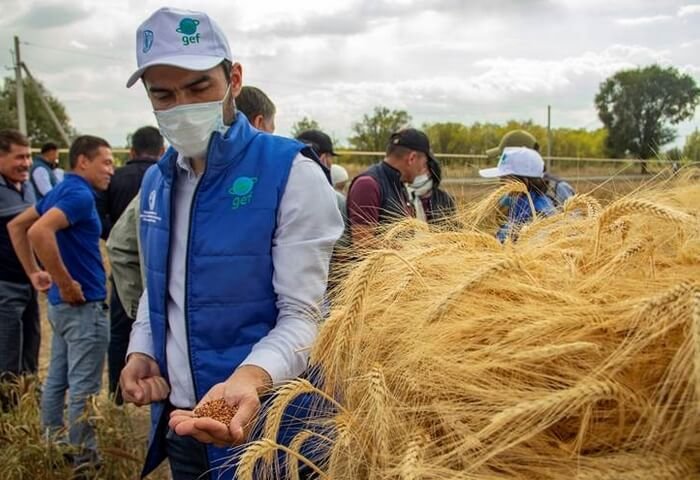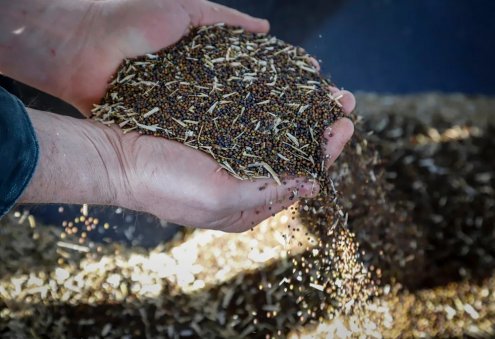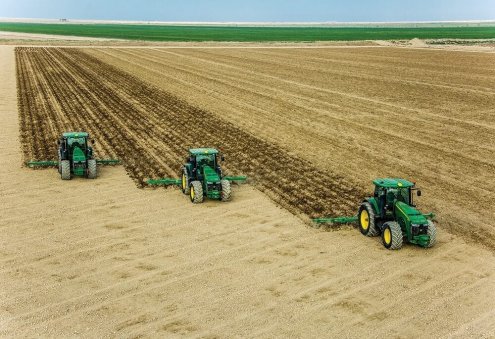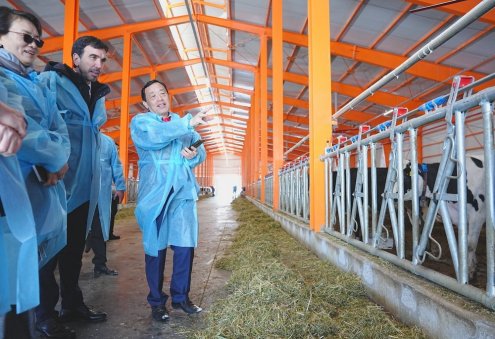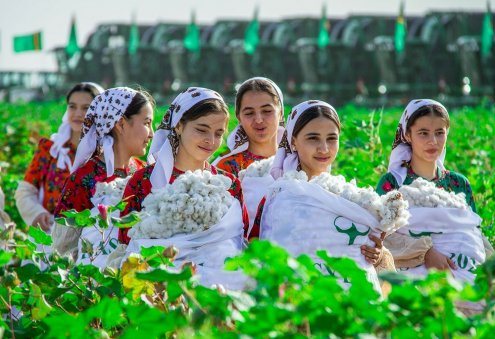The project from FAO and Global Environment Facility (GEF) “Integrated Natural Resources Management in Drought-prone and Salt-affected Agricultural Production Landscapes in Central Asia and Turkey” (CACILM2) has been extended until November 2024, according to the decision made at the extraordinary meeting of the project’s Steering Committee on Thursday in Almaty.
Because of the COVID-19 restrictions imposed around the world, the implementation of some areas of the project had to be postponed to a later date, the FAO said in its press release.
At the same time, the final report on mid-term evaluation of the project carried out under the GEF procedure in 2021 highlighted the significant progress in many areas, primarily in the implementation of effective approaches to natural resource management.
This was the result of the multi-country partnership established within the project and the exchange of best practices, the creation of political, legal, institutional mechanisms and incentives for the transition to climate-smart agricultural technologies, according to the press release.
During the meeting, in addition to assessing the project's performance, the group of independent experts also provided a number of recommendations, including supporting countries in developing rural advisory services, conducting important research and other activities to ensure the sustainability of results.
Launched in May 2018, the five-year CACILM-2 project with a budget of over $75 million is one of the largest sustainable natural resource management initiatives co-financed by the governments of the participating countries.
The overall objective of the multi-country project is to scale up integrated natural resources management (INRM) in drought prone and salt affected agricultural production landscapes in the Central Asian countries and Turkey.

